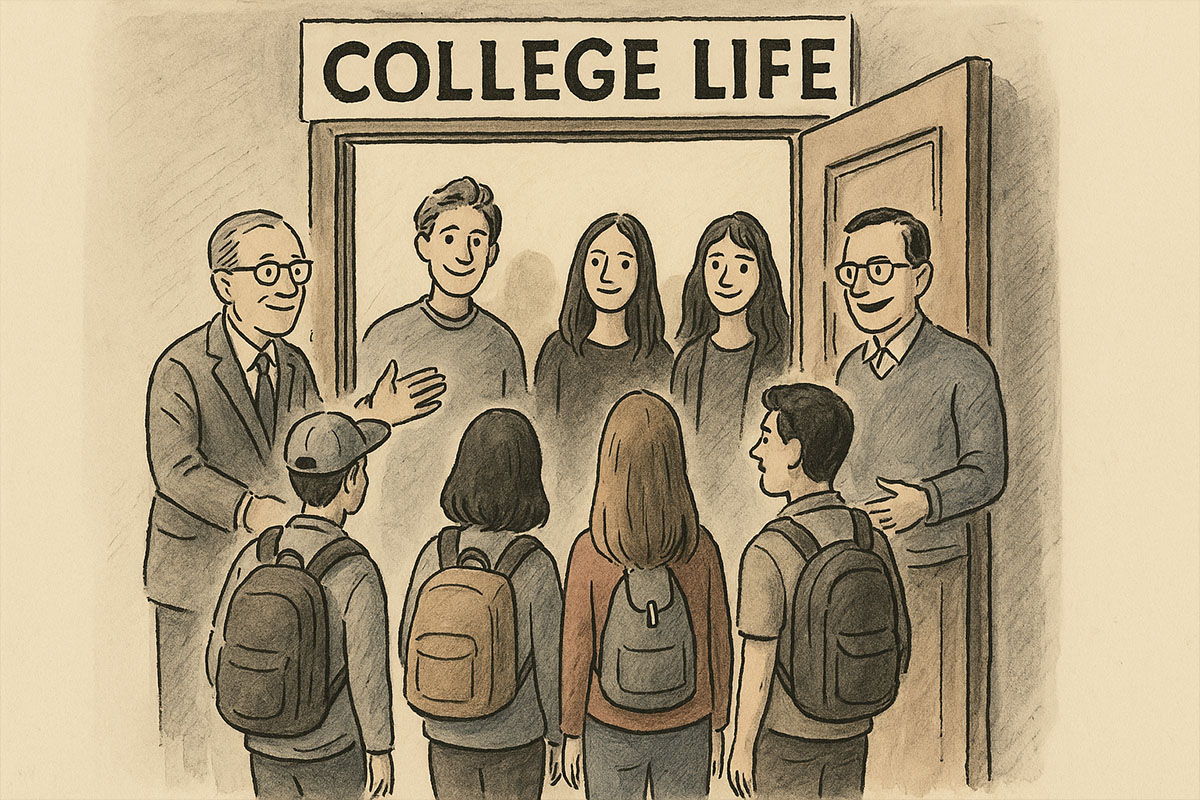As graduation looms on the horizon, many students find themselves pondering their next step: to attend graduate school or to work. It’s a pivotal decision as the paths diverging from this point can significantly influence one’s personal and professional trajectory.
The debate between pursuing further studies or diving into the workforce is one that graduating students from top colleges in Manila face each year. Both options bring their own set of rewards and challenges, and understanding these can help illuminate the path that best aligns with your career goals.
The Case for Pursuing Graduate School
Choosing graduate school immediately after your undergraduate studies is a commitment to deepening your expertise. It’s an investment in your future, offering the chance to specialize in your chosen field and enhance your qualifications. This path is particularly beneficial if you’re aiming for a career in industries or roles where advanced degrees are prized or required for higher-level positions. The pursuit of a master’s degree or beyond can lead to more lucrative job offers, reflecting the advanced knowledge and skills acquired through rigorous academic training.
However, it’s crucial to weigh the financial and time commitments against your career goals and financial readiness. Be sure that the benefits of an advanced degree align with your professional goals and that you have a clear plan for how it will propel your career forward.
The Case for Joining the Workforce
On the other hand, stepping directly into the workforce after graduation offers its own set of advantages. Immediate employment allows you to apply your knowledge in real-world settings, gaining practical experience that can be just as valuable as classroom learning. Early career experiences often help clarify your professional interests and can pivot your career in directions you hadn’t previously considered. Additionally, starting your career earlier means you can begin earning sooner, providing financial independence and the ability to save and invest in your future.
Working right after college also exposes you to the dynamics of the workplace. These include navigating professional relationships, understanding organizational culture, and developing soft skills that are highly valued across industries.
Which One Should You Choose?
Deciding between graduate school or work is deeply personal and depends on various factors, including your career aspirations, financial situation, and the demands of your chosen field. If your career path values or requires specialized academic credentials, graduate school might be the right choice. Conversely, if gaining hands-on experience and building professional networks is more aligned with your goals, then entering the workforce may offer the growth opportunities you seek.
Reflect on your long-term career vision and consider which path will best support your ambitions. Sometimes, gaining work experience before pursuing further studies can provide clarity and direction, making your graduate education more impactful. Whichever path you choose, remember that both are valuable and can lead to a fulfilling career. The key is to make an informed decision that reflects your personal goals and professional aspirations, setting the stage for a successful and rewarding future.




